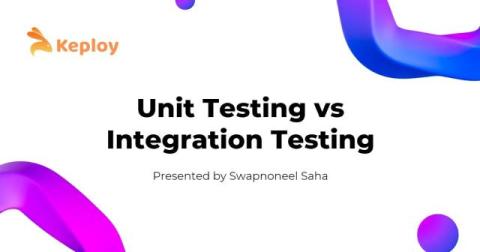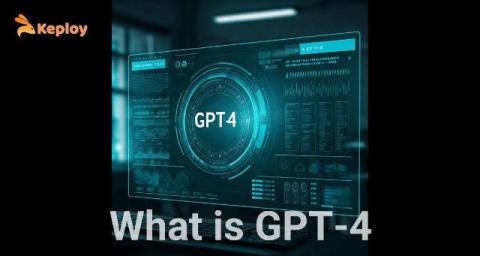How Fuzz Testing Saved A Software Company Millions?
What would happen if your software faced an unpredictable input that no one ever thought to test? Could it withstand the challenge or fail catastrophically? Software has been a backbone for every industry, whether e-commerce platforms or the finance industry. For this to be relied on, software must be robust, reliable, and secure to function absolutely seamlessly.











